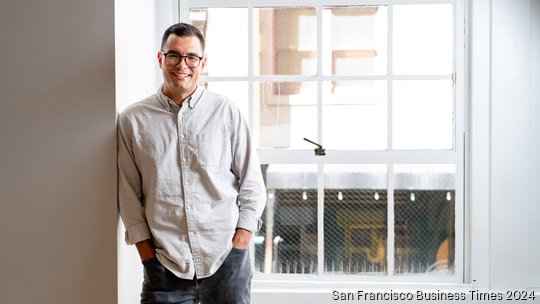
From affirmative action in education and the Freedom Fund in Atlanta to corporate initiatives, DEI is facing backlash across legal, internal and cultural lines. The pushback is animating political rhetoric in the presidential campaign and in startup boardrooms alike: Scale AI CEO Alexandr Wang announced in June that the artificial intelligence startup had “formalized” its hiring policy as “MEI,” or “merit, excellence, and intelligence” as a counternarrative to “diversity, equity and inclusion.”
When London-based Flo Health, a period-tracking app founded by two brothers, tripled its funding with a $200 million Series C round in July, many people asked why men were getting so much funding to build women’s health products while female founders are largely iced out. Microsoft reportedly laid off DEI-focused employees earlier this year. And in July, influential venture capitalists Marc Andreessen and Ben Horowitz endorsed Republican presidential nominee Donald Trump, which struck many people in Silicon Valley as discordant for a firm that made headlines for launching a Black-led fund in 2018.
Yet some experts view these setbacks as merely temporary among a deeper push to find new talent and tap growing markets. So we spoke with venture capital investors to ask: Are you still bullish on diversity, equity and inclusion as a business imperative, and if so, why?
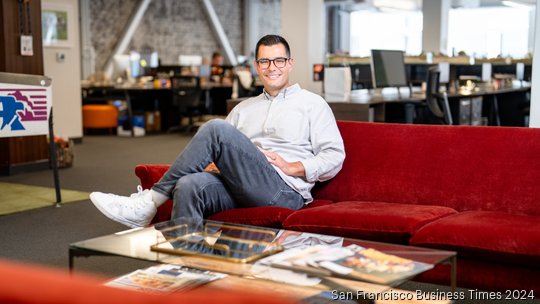
Marcos Fernandez, Fiat Ventures partner
Venture capital firms, especially at early stages, are investing in companies that are building for the world from eight to 12 years away. It’s our role to look around corners. In Texas, Hispanics just became (the largest ethnic group). Half of our portfolio are underrepresented founders not because we have a mandate but because we’re backing founders who understand the problems around the corner. Studies prove that diversity of thought — not just race, religion and background — leads to much better outcomes for companies and for investments. The issue isn’t just diversity within venture capital, which is still very bad, it’s diversity on your investment committee.
A lot of assets still go to traditional blue chip firms. Especially in this last wave, you’re seeing a lot of LPs going back to what are perceived as more stable investments even if they underperformed. Quite frankly, they’re missing out on a huge opportunity, and that’s the alpha. It’s not just the right thing to do.
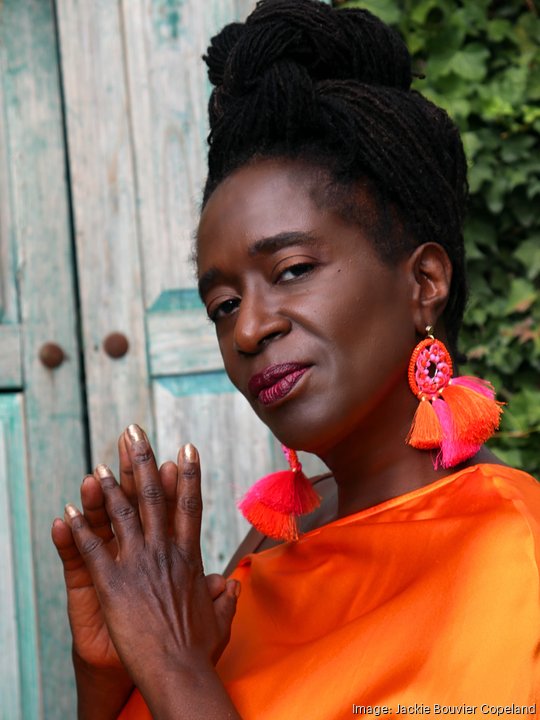
Jacqueline Copeland, The Wise Fund founder
We live in a country that, since its formation, has been a preferential affirmative action program for rich white men. What is most annoying about this new narrative is that it is just old school, recycled racism and sexism with new labels. We really need to deconstruct what they define as “qualified.” Let’s compare credentials and performance of those who believe that they are not just qualified but are destined to lead against those who do not fit the traditional demographic profile of our leaders at a presidential or any leadership level, and let’s really have a merit-based system.
We just need to let American talent blossom and provide true economic and educational opportunity to everyone. The only thing that will save us is to provide true economic and educational opportunity to everyone. As long as we have people trying to take us back to the days of racism and sexism and homophobia — where we’re taking whole segments of our population basically out of the market — I hope that most of us see that is a recipe for American failure. We need all hands on deck. We have sacrificed — all of us, our parents and our grandparents — so much to get our country to the point of progress that we are at now. Do we really want to dial back to the 1950s?
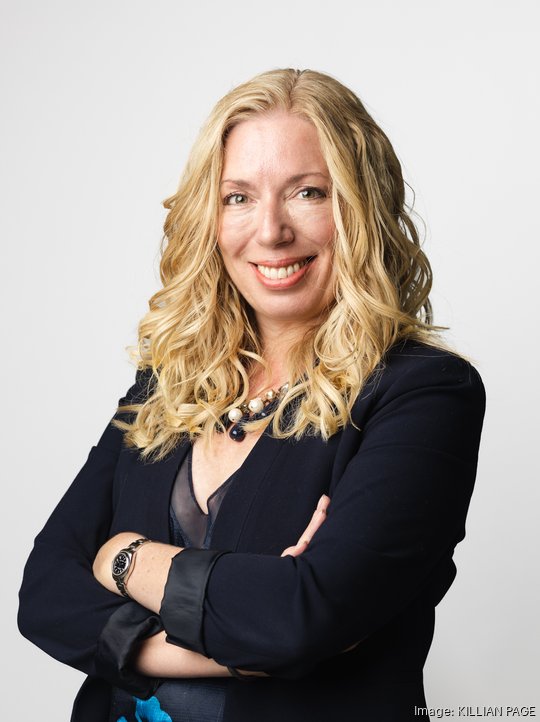
Nicola Corzine, Nasdaq Entrepreneurial Center executive director
There is so much economic dynamism being left behind simply because the participants are not as varied as the solutions that we need in the world. A lot of prioritization has been on the seed or friends and family round, like if you could just change that, anything is possible. The reality is, the problem is perpetuated against the entire capital stack. It’s just as hard, if not harder, for a founder to be able to go from seed to Series A to Series B and beyond. And if I say, who loses in that and so what? They have to go harder. They have to go faster. Isn’t that what grit and tenacity and entrepreneurship is all about? The reality is, no, the only people that lose in that is all of us.
It’s not a diversity framework alone. We should just go back to the basics and say: in this country and across the world, entrepreneurship is an inclusive term no matter what. And we can’t extract out identity. No entrepreneur, no fund manager ever stood in isolation and said “Invest in me because of a single characteristic.” They stood there because they felt that as a result of that identity, coupled with their experience, coupled with their knowledge, coupled with their thematic priority, they were in a place that uniquely qualified them to have investment and be given a chance to open doors in ways that had historically been excluded to them.
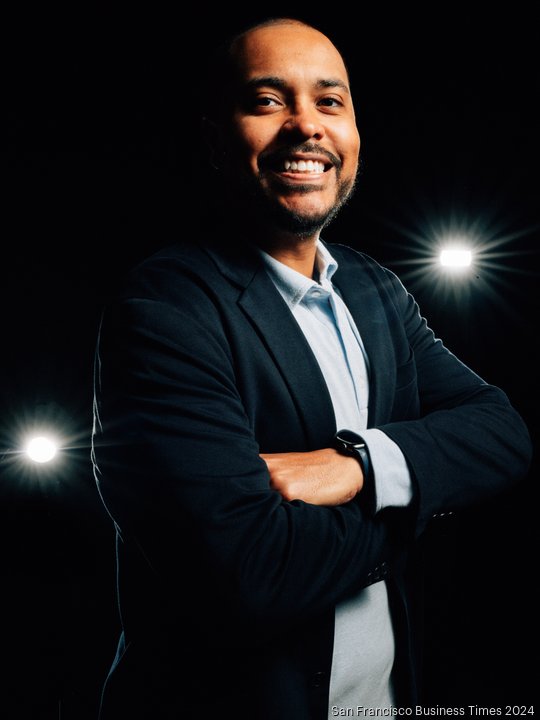
John Roussel, Colorwave executive director
DEI has been on the chopping block or in the crosshairs of some cultural wars. That has been the backdrop of what has made some companies stand committed to commitments that they made in 2020 and 2021, and others feel like they had an out. So, there’s been this desire to create a business case for it. Consulting firms have found that diversity at its core is good for business. We’re used to this system where there’s a winner-take-all and we’re on opposing sides. But when you put capital in the hands of more diverse communities — founders or investors — as a nation we all rise.
What I value about Andreessen Horowitz’s Cultural Leadership Fund is they’ve given autonomy to individuals from diverse backgrounds. It was started by one of their Black partners and is led by another Black partner now. They’ve really given that fund autonomy to function independently. As it pertains to their recent political stance, I believe everyone is entitled to their own political choices, but I don’t think it should completely overshadow some of the positive initiatives they’ve undertaken in prior years.
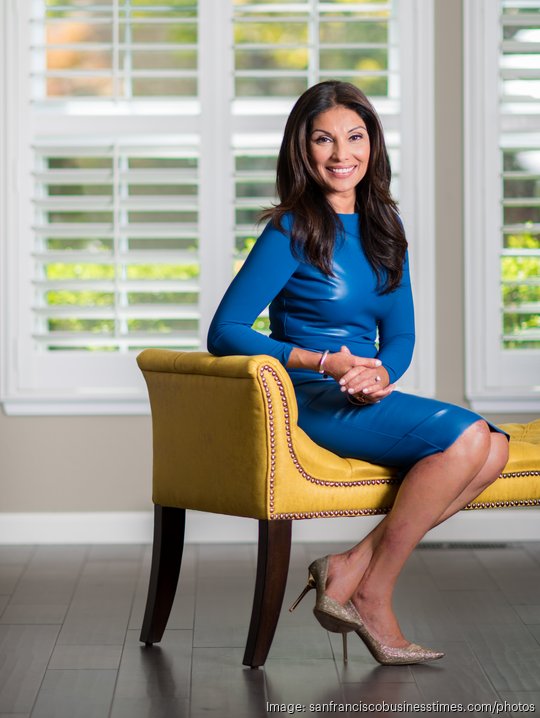
Shelly Kapor Collins, Sway Ventures partner and Shatter Fund founding general partner
It’s a market issue, it’s a returns issue, and it’s the right thing to do. What is the harm that they’re alleging is happening from focusing on leveling the playing field for entrepreneurs? It makes no sense. I can show you the benefits of focusing on DEI are greater than any perceived harm or damage that some folks say comes from DEI efforts.
If you’re telling me that men and women are equal in the ballpark — everything is equal, equal access to capital, equal access to networks, equal access to markets and distributors and the same networks — and then you say, I’m going to compare these two resumes and pick based on the best skill set because these people had the same experiences and opportunities, and enjoyed the same advantages — then I would say it’s a meritocracy. But it’s not because it never was. Men have always written bigger checks. They’ve raised from each other, they’ve given to each other. There’s a reason venture capital has been so traditionally insular.
The other glaring hole is we’re not graduating enough women in tech and STEM, starting all the way back to middle school and high school. By the time you get to this point where an entrepreneur is ready to start a company and have the technical chops to do it, it’s going to be a guy (getting funded) versus a woman more likely than not.
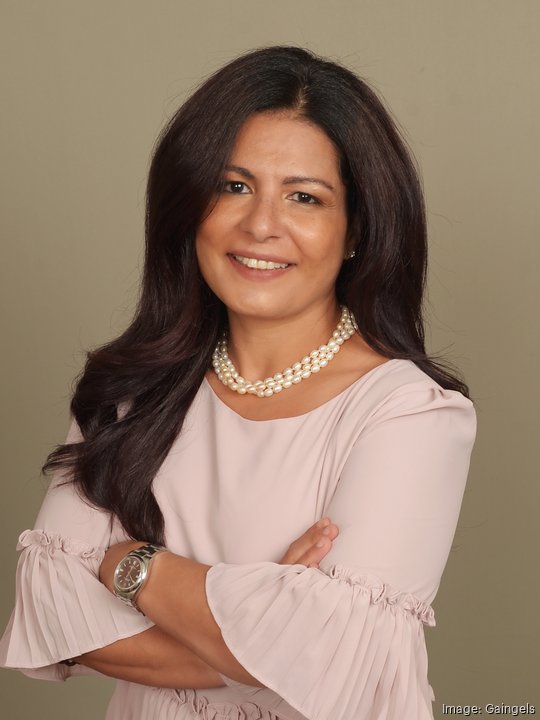
Jennifer Jeronimo, Gaingels CEO and partner
If we just look at women entrepreneurs, women exit one year earlier, women are more profitable. In a lot of ways, it’s about representation and visibility. We are also better than we were 10 years ago. We are better than we were 20 years ago. But as power seats change a bit, there’s friction but I don’t think DEI is dead. Our mission is to show the world that equity of access and representation leads to positive returns. In 2042, that’s when they say that the majority is going to change. Plenty of studies say that diverse companies outperform. The transfer of wealth to women over the next decade is also going to be tremendous. So, if you’re not thinking about how you’re creating a more inclusive environment, that can hurt you later.
Even before I was sourcing deals at Gaingels, my partners, who are men from the LGBTQ community, were investing in women. It’s not that men don’t invest in women but women have a better shot if there are more women in the decision making role, too. And Kamala (Harris), if she gets elected, will normalize that women can be in power and I think it will have a trickle effect. I think in 10 years we’re going to look at this and go: It wasn’t really a backlash on diversity, it was friction from the power shifting.



